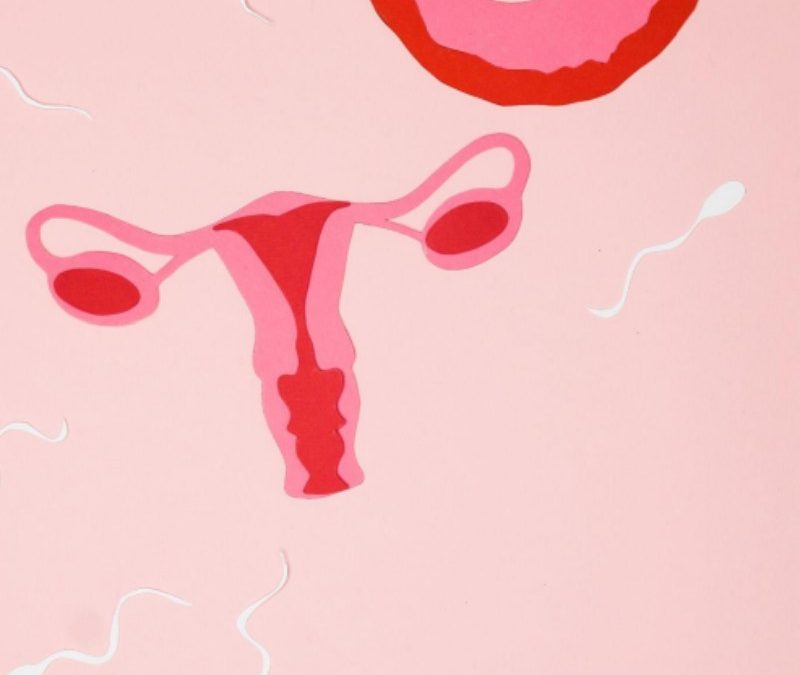AMH stands for Anti-Müllerian Hormone. It is a hormone that is produced by the cells in the ovary that surround the immature egg follicles. The level of AMH in a woman’s blood is a marker of her ovarian reserve, which refers to the number and quality of the remaining eggs in her ovaries.
AMH levels are measured through a blood test, and the results can provide important information about a woman’s fertility potential. High levels of AMH may indicate a larger number of remaining eggs and a better chance of successful pregnancy, while low levels of AMH may indicate diminished ovarian reserve and a lower chance of pregnancy.
AMH levels can be particularly useful in determining a woman’s response to fertility treatments such as in vitro fertilization (IVF). Women with high AMH levels may have a greater number of follicles and a higher likelihood of producing multiple eggs during IVF, while women with low AMH levels may require more aggressive treatment to stimulate their ovaries.
It’s important to note that AMH levels should be interpreted in the context of other fertility tests and individual factors such as age, medical history, and reproductive goals. A healthcare provider can help determine what AMH levels mean for an individual’s fertility potential and develop a personalized treatment plan.
AMH levels are measured through a blood test, and the results can provide important information about a woman’s fertility potential. High levels of AMH may indicate a larger number of remaining eggs and a better chance of successful pregnancy, while low levels of AMH may indicate diminished ovarian reserve and a lower chance of pregnancy.
AMH levels can be particularly useful in determining a woman’s response to fertility treatments such as in vitro fertilization (IVF). Women with high AMH levels may have a greater number of follicles and a higher likelihood of producing multiple eggs during IVF, while women with low AMH levels may require more aggressive treatment to stimulate their ovaries.
It’s important to note that AMH levels should be interpreted in the context of other fertility tests and individual factors such as age, medical history, and reproductive goals. A healthcare provider can help determine what AMH levels mean for an individual’s fertility potential and develop a personalized treatment plan.
